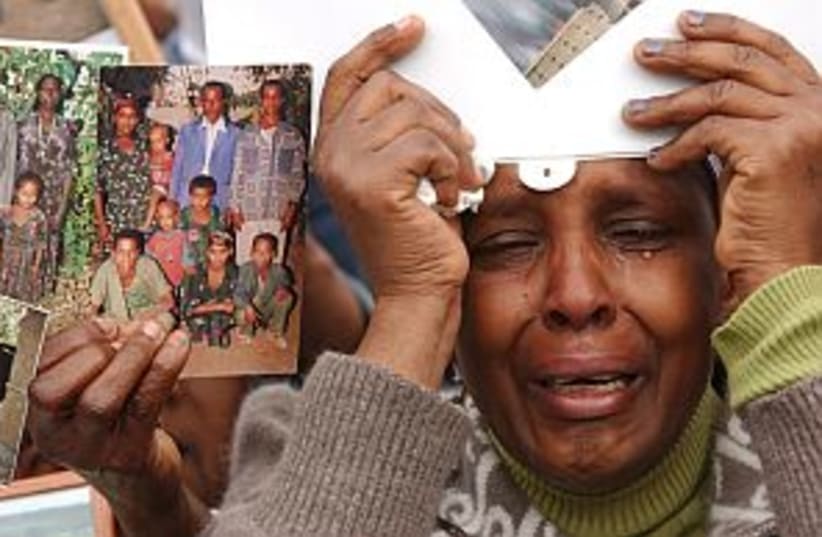| More about: | Sarit Hadad, Jewish Agency for Israel, Sudan, Ethiopia |
Ethiopian Christian faces deportation
Government demands proof that Dejjan Gavrai helped Jews immigrate.


| More about: | Sarit Hadad, Jewish Agency for Israel, Sudan, Ethiopia |